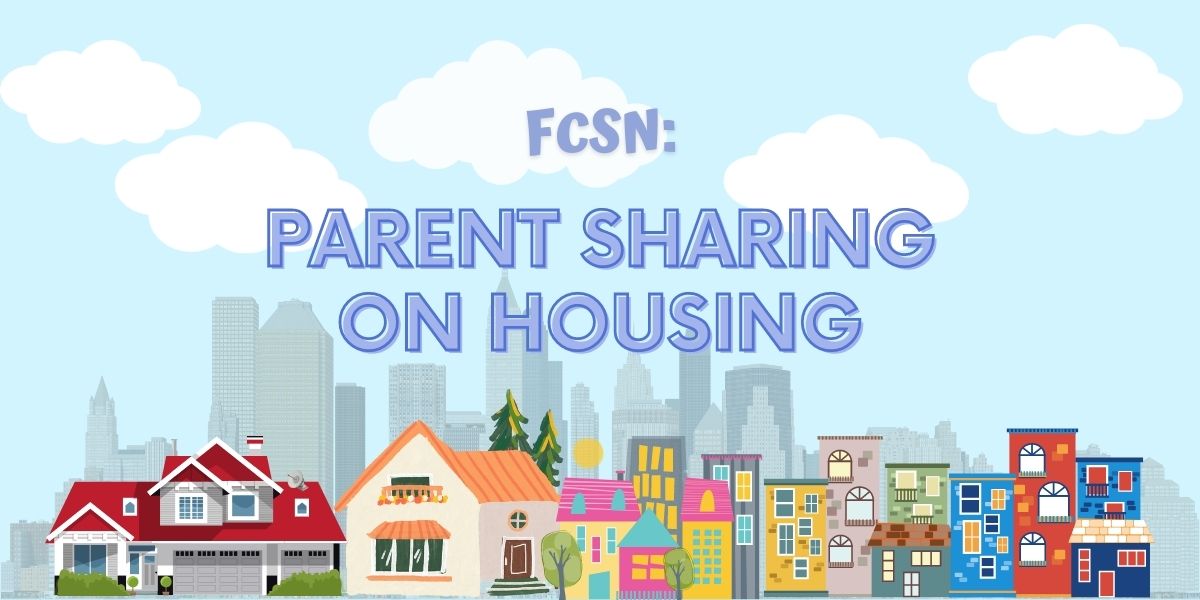Written by: Jessica Hung & Aaron Zhou, FCSN Voices Editors
Graphics by: Olivia Koo, FCSN Voices Senior Graphic Artist
Special needs adults are often challenged with the difficulty of finding affordable and sustainable housing. According to the Center for American Progress, nearly 25 percent of more than 580,000 homeless people on any given night in the United States have a disability. FCSN members Alice Liu and Edmend Lin, along with other parents, tried two different approaches – an accessory dwelling unit and a dwelling owned by a parent LLC (limited liability company) – to address this issue for their beloved ones.
According to Liu and Lin, the parents’ housing projects primarily serve as an alternative to government sponsored residential housing programs. Since the parents’ housing support projects mainly target adults with special needs, the projects also focus on developing an independent yet safely supported form of living.
Liu, whose nephew was diagnosed with autism and vision problems, took the ADU approach due to its affordability and legal flexibility. Since ADUs are typically built within primary residential lots, they do not require land payment and assure privacy from direct trespassers. “The ADU approach is faster and easier than investing with a group of parents as I can make all decisions by myself. Having everyone working together is not an easy task,” Liu said. Yet, the ADU faces a potential significant long-term labor and management burden. Down the road, Liu will need to handle the challenge of hiring caretakers to provide 24/7 supervision for her nephew as the residence requires the presence of two or more paid caretakers.
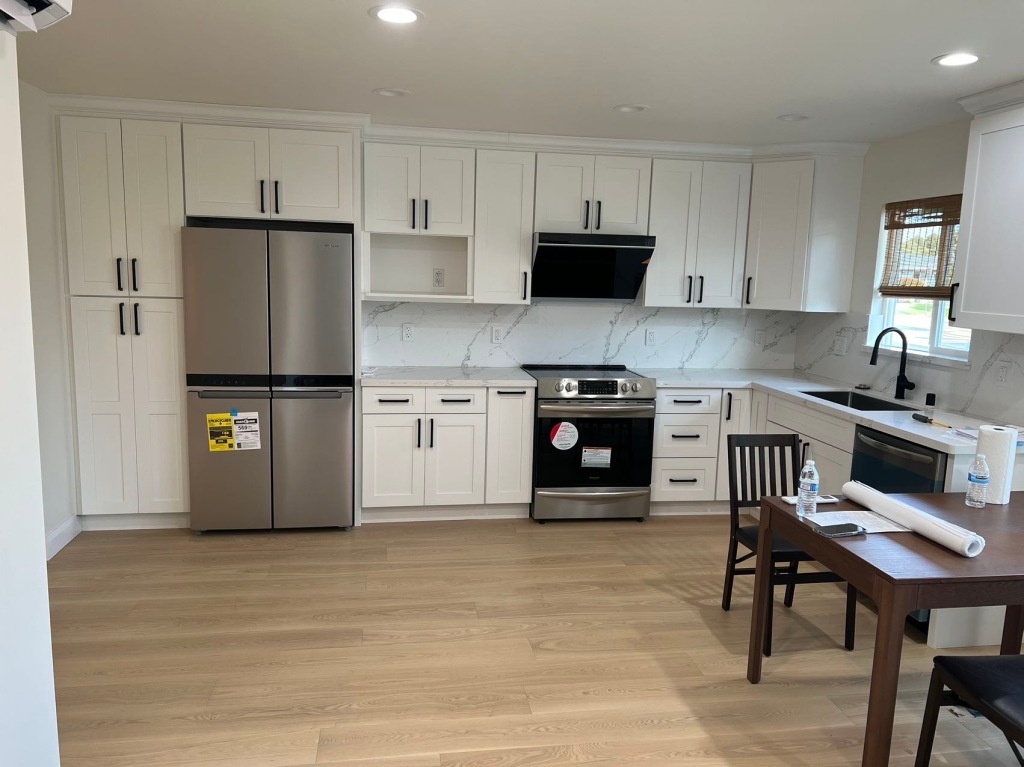
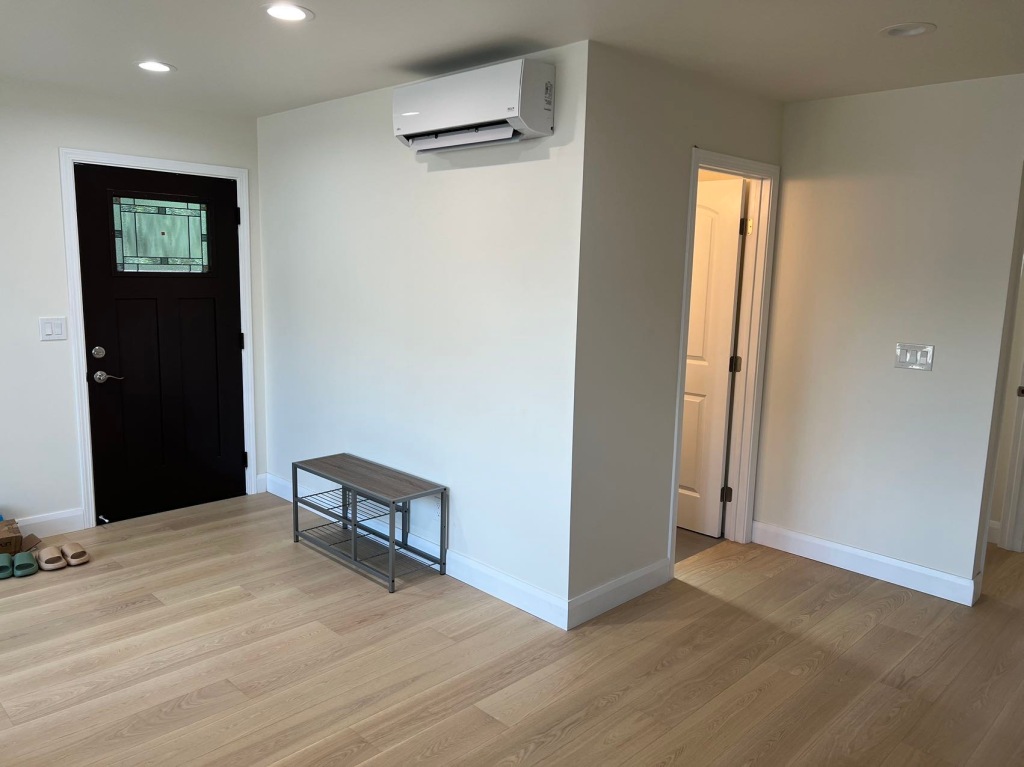
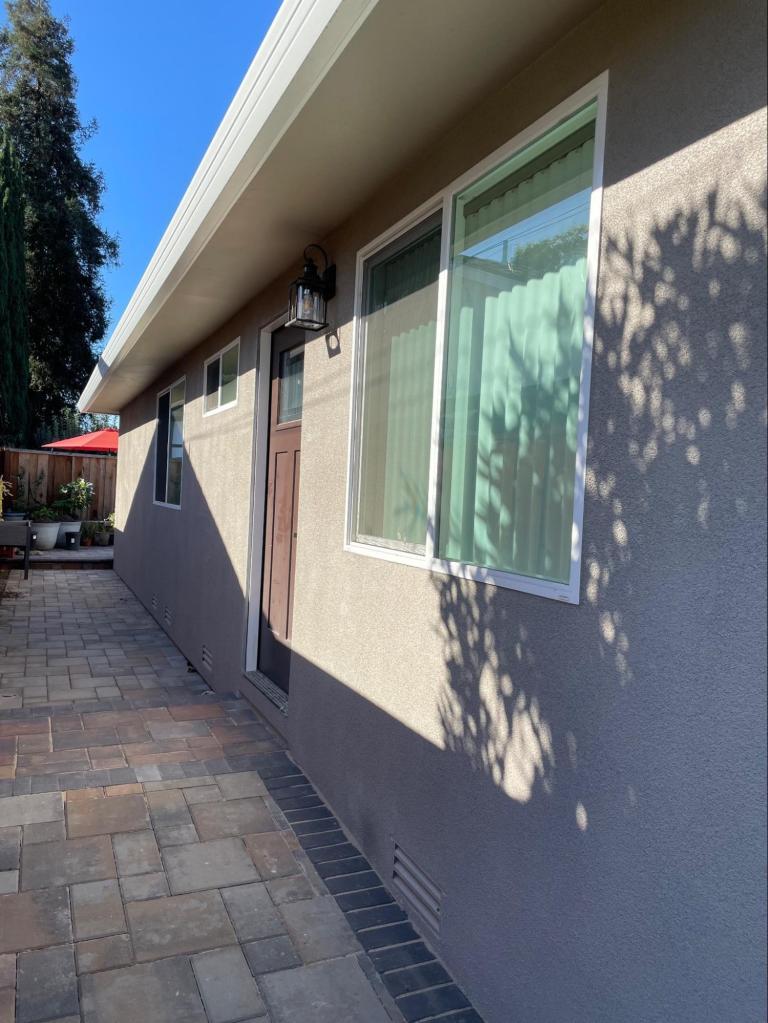
On the other hand, Lin began organizing a dwelling owned by parent LLC with families from the South Bay FCSN center six years ago. There are two dwelling units that come with the benefits of lower caretaker costs and a small community where familiar individuals and families can come together and support each other. However, this approach involves heavy upfront building costs and challenging logistics for setting up the project. Lin emphasizes that especially for larger housing projects such as the one being undertaken, the final costs typically end up much higher than the original budget. “We initially bought a single family house for $1.3M. We still need to finish the project with two dwelling units. By then, total project costs can go as high as $3M,” Lin said. The financial issues are the biggest challenge behind this type of project. In fact, some parents dissolved specific housing investments previously due to failed financial agreements between parents. “Supposedly five families get together and one family pulls out, then the whole thing will fall apart,” Lin said.

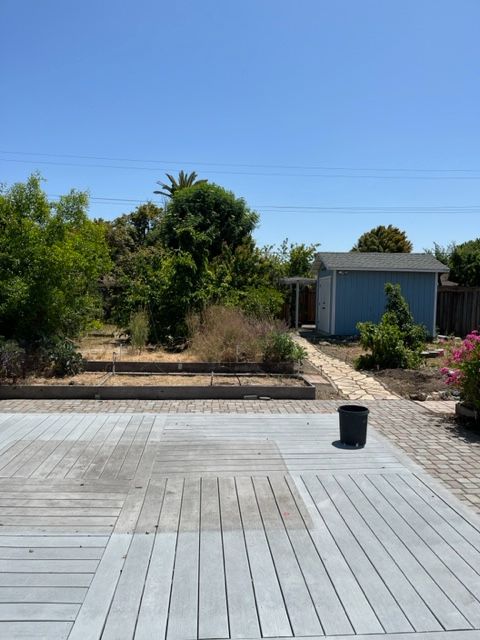
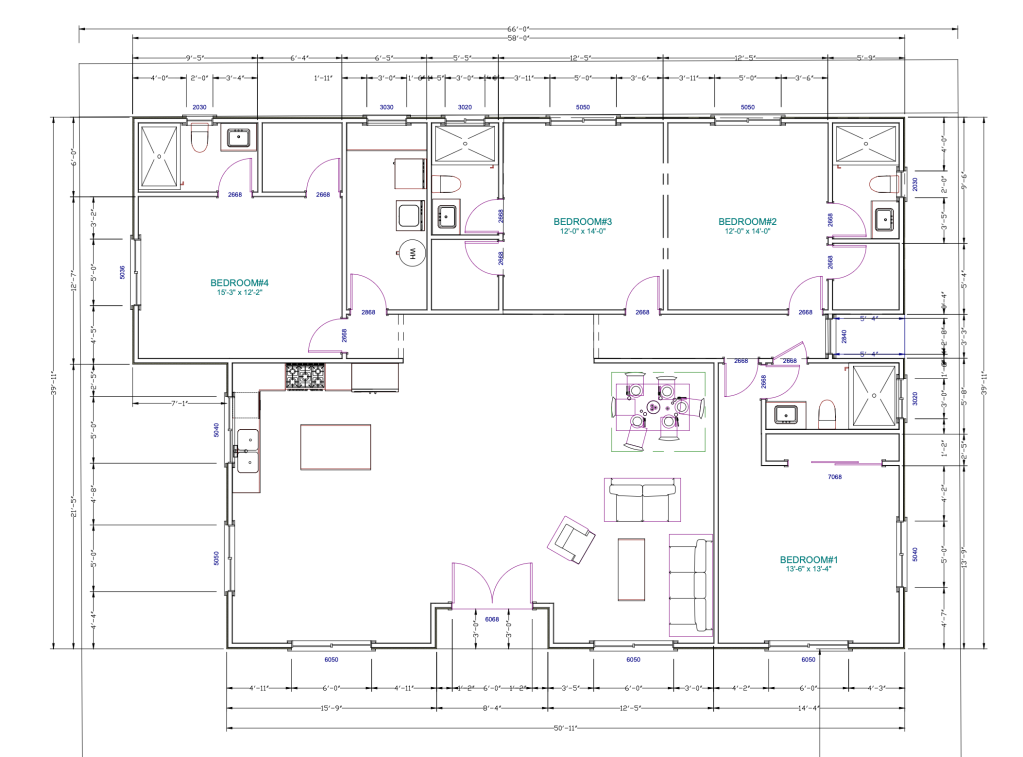
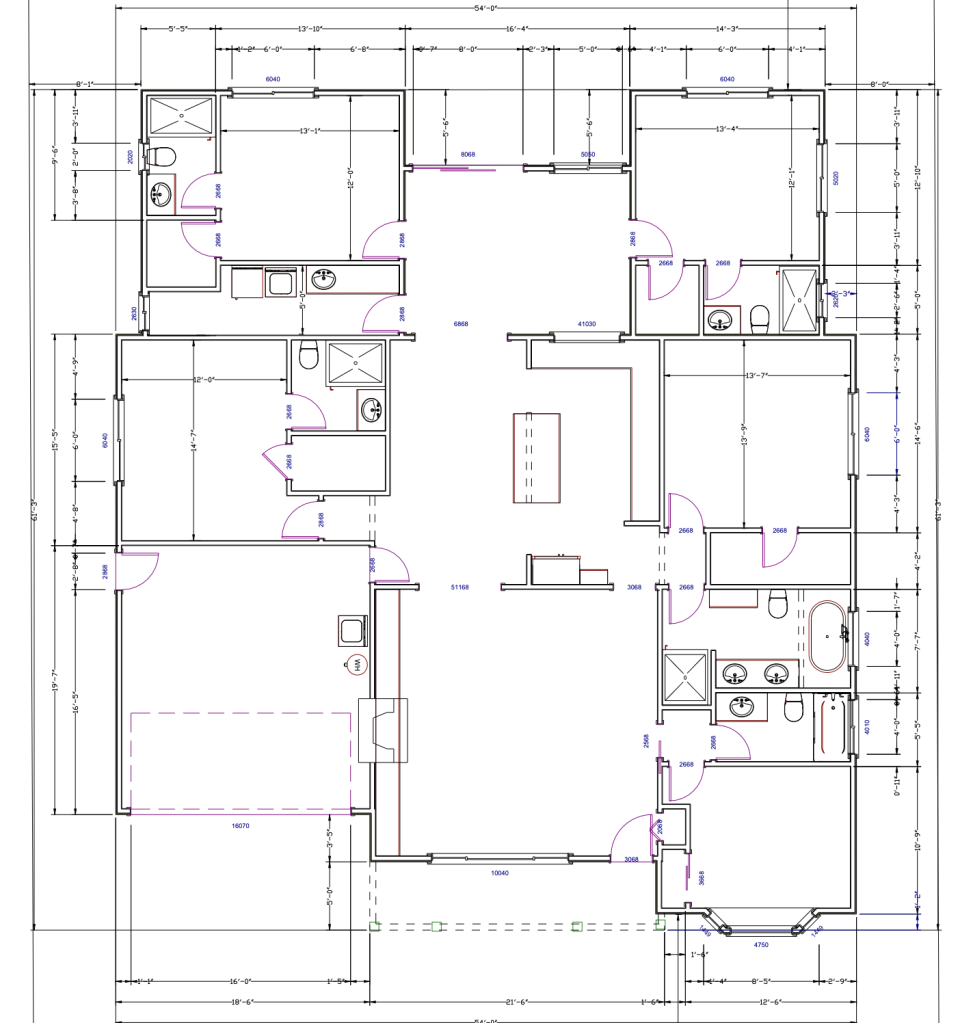
Nevertheless, Liu and Lin are optimistic that stepping up to initiate housing projects are financially rewarding in the long run. Despite house pricing fluctuation, economic growth in the Silicon Valley enables more long-term appreciation of housing value. Demand for housing within the Bay Area is strong, especially in the community of people with disabilities. “Getting together and building something is not a high risk endeavor, because the needs for housing are so high out there,” Liu said.
Key Definitions:
Accessory dwelling unit (ADU): affordable form of housing construction in California that are usually built within primary residentials. Benefits include no land payment requirement, sources of income for homeowners, as well as maintaining privacy while living close to each other.
Limited-liability company (LLC): type of legal entity under the state law that allows for business owners to have the limited liability benefits of a corporation along with the management and tax freedom of a partnership or sole proprietorship
Sources:

